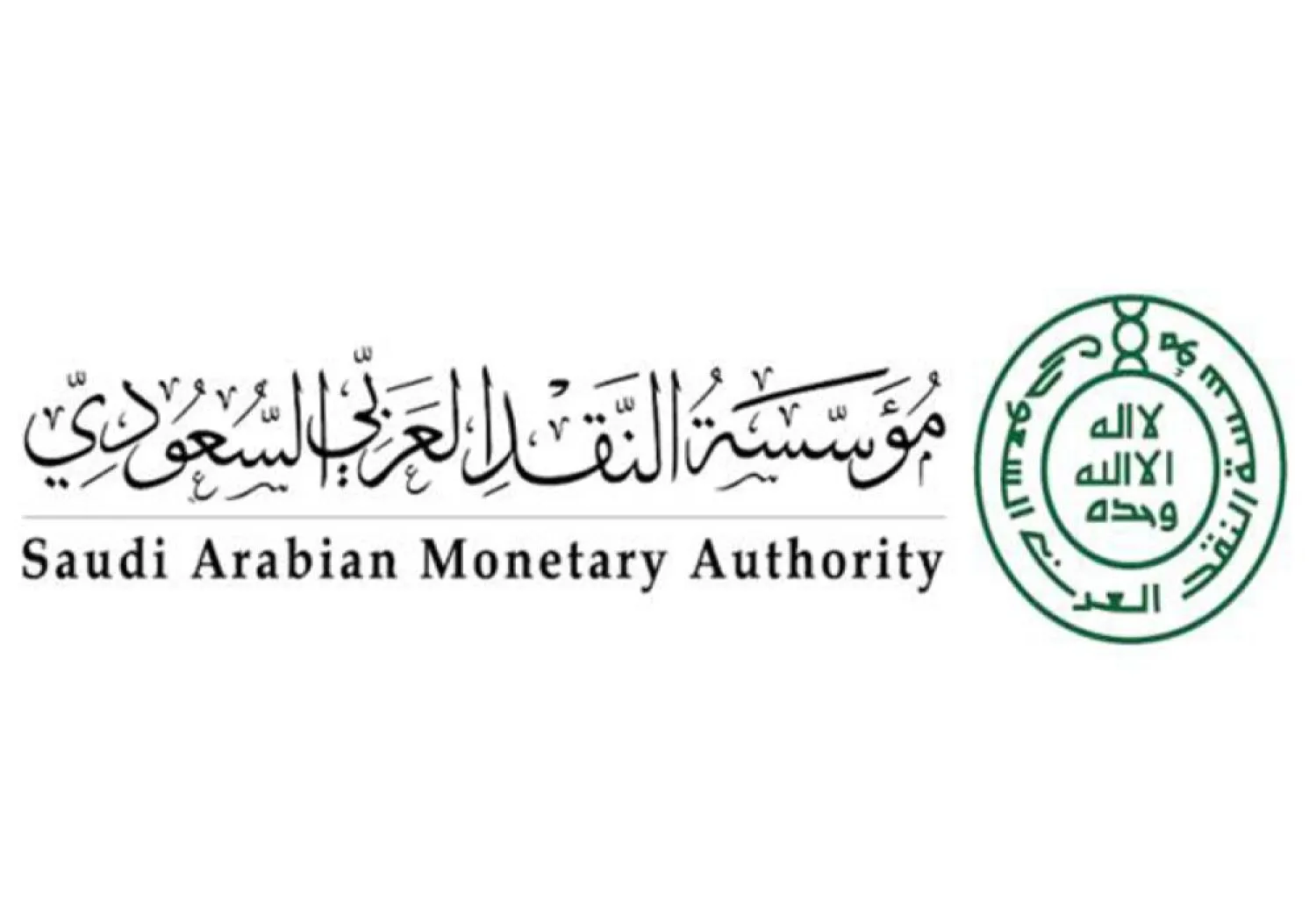Saudi Arabian Monetary Authority (SAMA) announced the launch of the second version of its cyber-security training program.
The program, dubbed Secure 18, is scheduled to start Monday in order to prepare national cadres for taking cyber-security positions in the financial sector, as well as other sectors. The initiative, held for the second year in a row, is part of the Financial Sector Development Program's efforts to help push Vision 2030 forward.
SAMA explained that the 26-week program will be held in Saudi Arabia and United States, through which 26 trainees will attend seminars, meetings and scientific and practical training delivered by international experts.
The Authority illustrated that the acceptance process in the program went through several systematic phases of assessment that encompass about 8,000 computer science and information technology graduates from local and foreign accredited universities.
It explained that the first phase will begin in Riyadh for five weeks through which trainees will learn the fundamental concepts of cyber-security, as well as basic skills. They will then travel to the United States to begin the second phase, which lasts 19 weeks, during which they will develop their technical specialization.
Trainees will be divided into four technical tracks: defense and protection, penetration test, Pascal structure and governance and risk management. They will be motivated to research and increase their cyber-security knowledge. The second phase includes intensive practical and on-the-job training, seminars, discussion panels and guidance.
In the final phase, participants will be trained to encounter real cyber-attacks and project management through real-time simulation experience. This phase includes visits to legislative and supervisory authorities in the Kingdom.
In January 21, SAMA graduated 19 students (both male and female) who underwent intensive training for six months and a half in Saudi Arabia, the United State and United Kingdom.
The graduates were eventually recruited by SAMA, the Ministry of Finance, General Authority of Zakat and Tax, General Authority of statistic and Saudi Customs, as well as the banking sectors.









